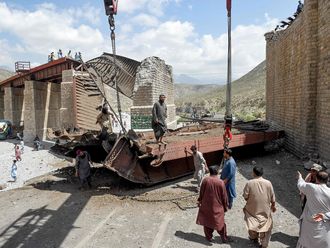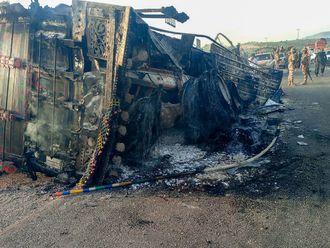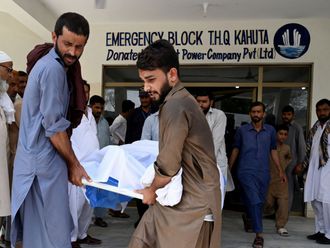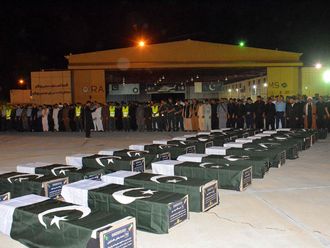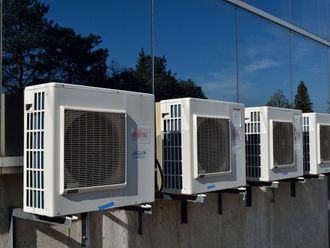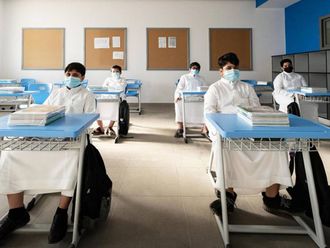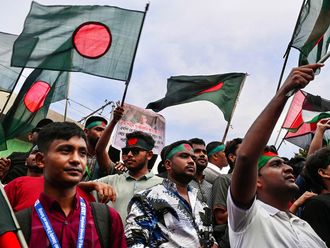Lahore: There have been riots across Lahore. Attempts have been made to torch buildings, mock funerals of government officials staged and traffic blocked along busy roads by angry hordes armed with sticks and stones.
The issue though is not, directly speaking at least, a political one — though it does involve both power and people. Faced with cuts in the supply of electricity that last 12 hours a day in Lahore, and far more than that in smaller towns, angry people have poured onto streets. Their frenzy could increase as temperatures rise — both literally and figuratively — with the full onslaught of summer.
"We sit for most of the day without fans or light. Yet at the end of the month we are still forced to pay huge bills. There is just no justice in this. What choice do we have but to protest?" asked Riaz Ahmad, one of those gathering outside a commercial centre in Lahore.
The protests have brought an angry reaction from commuters, who ask why they should suffer for government inadequacies, with the protests leaving people stranded on roads. Fist-fights have broken out on occasion and the rising tempers signal further trouble ahead.
"I remember last year people burnt down the office where I work," said an employee of the Water and Power Development Authority — responsible for the production and supply of electricity. He argues that while it is "us employees lower down the ladder" who take the brunt of public fury, there is "really nothing we can do".
Higher up the ladder, government ministers say the country faces a severe shortfall of power, chiefly as a result of policy failures during the era of General Pervez Musharraf.
Government inaction
"Nothing was done during his years in power to increase the power generation capacity, even as the demand for power kept going up," the federal minister for water and power said recently.
However, people argue that very little has been done to remedy the situation during the present government's two years in power. The issue indeed goes beyond that of the discomfort borne by people on a typically hot day.
"I have an electronics shop. Without power, the gadgets don't work, customers don't come because they can't test out the items they wish to buy and I face bankruptcy," said Arsalan Qasim. Hundreds of businesses have already closed down, and while there are no hard estimates, it is believed the overall economic impact has been devastating.
So too is the fall out in terms of morale. "It is so hard to manage like this. The clothes cannot be ironed, the microwave won't run and we fumble at night in the dark," said Moneeza Ilyas, a housewife. She said that even quarrels within households were rising "because of this situation."
There is as yet no assurance things will improve. People have been flocking to markets to buy re-chargeable lights or other devices to combat the crisis. But many fear things will get worse in the weeks ahead, bringing more people onto roads and triggering violence that could disrupt life everywhere.


